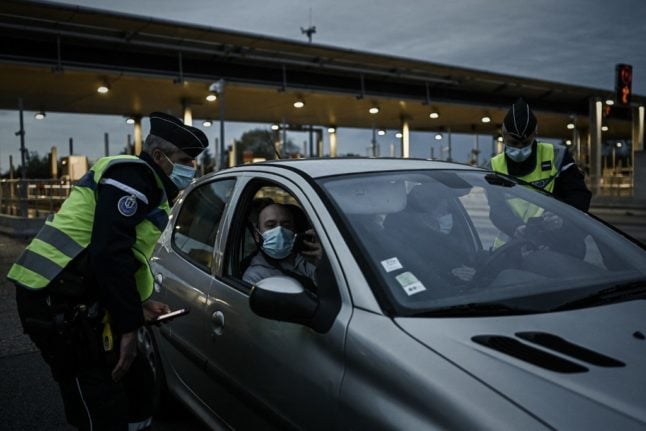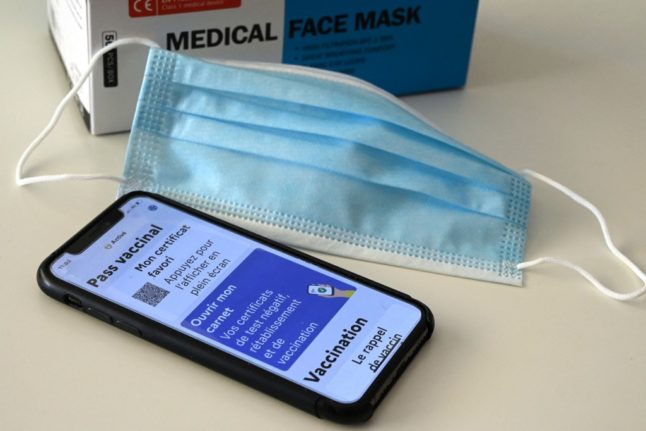Like the rest of the reopening plan, there is a phased relaxation of the curfew, with several key dates to look out for.
IN DETAIL: France’s calendar for reopening from lockdown
May 19th – curfew moves from 7pm to 9pm, so restrictions on movements will be in place from 9pm to 6am.
The later phases of France’s reopening are dependent on the health situation, but if things go to plan the following will happen:
June 9th – curfew moves back again to 11pm-6am.
June 30th – curfew is scrapped altogether.
Bars, restaurants, cafés, shops and other public spaces are naturally obliged to abide by the curfew, so will close at or shortly before the curfew time in place.
For private individuals, being out after curfew time is basically banned so you need to make sure you are indoors by curfew time.
Exceptions
There are some accepted reasons for being out, however. They are:
- Work, teaching and training – travel between home and work or place of education.
- Doctors’ appointments and treatments – travel to the doctors of for treatment “which cannot be done remotely”.
- Urgent family reasons such as caring for a vulnerable or infirm relative or for childcare (family visits are not included in this category)
- Disabilities – Travel for those with disabilities or their carers
- Service of “general interest” – travel for services of general interest at the request of the authorities.
- Transport (for example journeys by train or plane – you will need to show a ticket as a reason to break curfew)
- To answer an official legal summons or take part in an official administrative process
- Walking the dog within a maximum radius of one kilometre from home.
Victims of domestic violence can also leave their homes if they don’t feel safe. There is also a hotline – 3919 – that people can call for help, in addition to the police emergency number 17.
If you are out after curfew time, you will need an attestation (permission form) stating your reasons for being out. You can find the form HERE, or on the Covid-tracker app TousAntiCovid.
Travel
So what’s the situation if you are travelling?
The curfew rules do have an exception for travel – but only certain types. If you are travelling by public transport – train, bus, plane – and it arrives after curfew time then that is allowed and you are fine to travel onwards to your final destination from the station/airport.
However you will need an attestation and you will also need to keep your tickets in case of a police check.
If you are travelling by car then there is no curfew exemption and you will have to either time your journey to arrive before curfew, or stop off overnight and complete your journey in the morning.
Public transport services such as city buses and the Paris Metro do run after curfew times, but with a limited service so except to wait longer for a bus or train.
Overnight stays
The curfew rules say only that you cannot be outdoors after curfew time, so there is nothing to stop you staying over at a friend or family member’s house, or booking into a hotel for the night.
Penalties
People caught outside after curfew without a form, or people outside for any other than the permitted reasons, face a fine.
The fine is €135 for the first offence, €200 for a second offence and rising to a maximum of €3,750 and a six month jail term for three offences within 30 days.



 Please whitelist us to continue reading.
Please whitelist us to continue reading.
They started vaccination slow, they open up slow. I wonder how long the goverment is able to inforce stupid rules like ‘not allowed to drive your car from A to B during the night’ even when you are vaccinated, before people get fed up being treated like toddlers. Not allowed to think for yourself! Scare mongering at this stage as the old and vunerable are no longer at risk, and if they are they are well aware how to prevent infection.